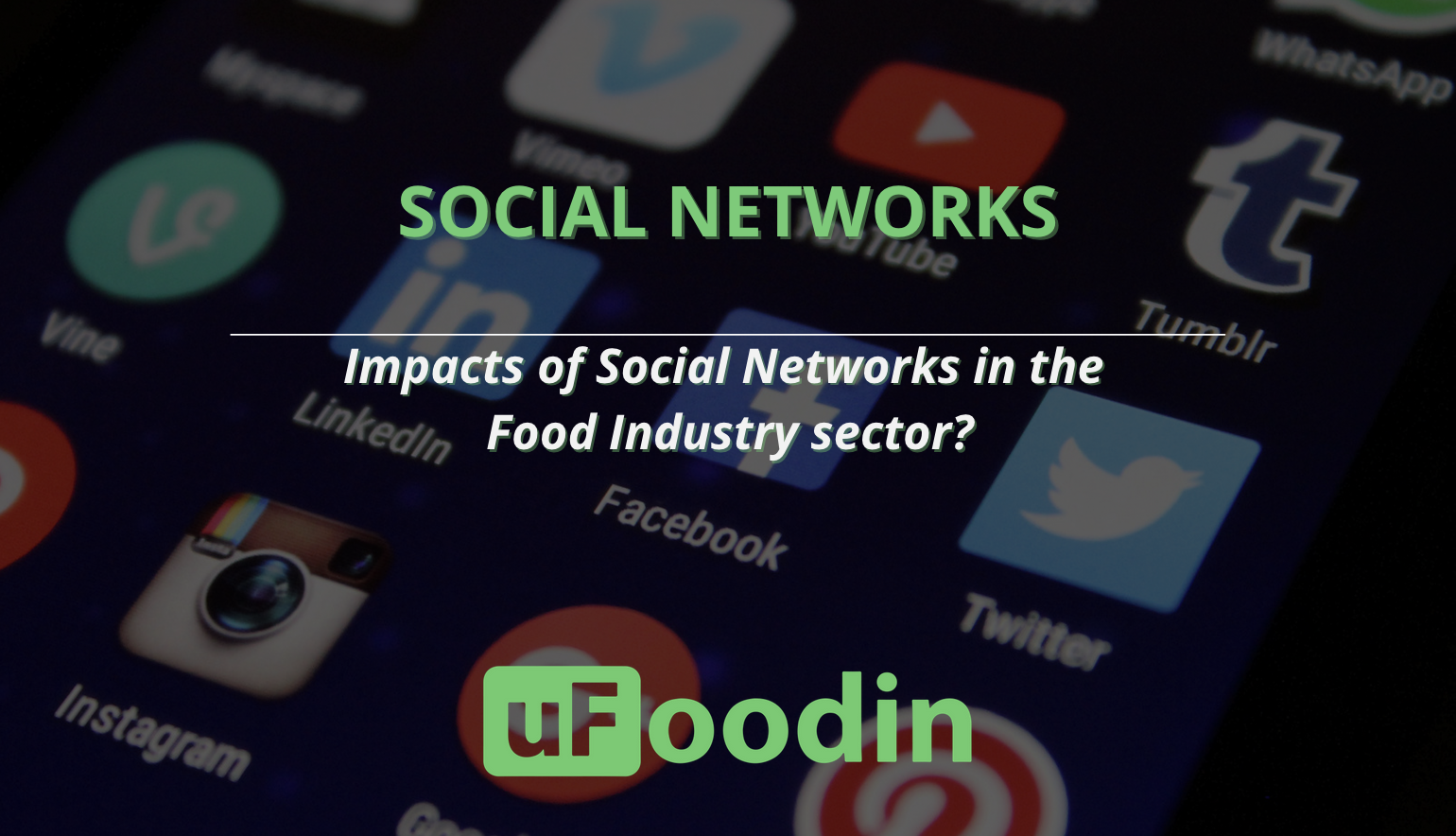Overview of social networks
Since the launch of Facebook in 2006, social networks have become an important part of consumers’ daily lives. Companies in all sectors of activity must therefore adapt to this new behavior.
Indeed, more and more consumers are sharing their daily lives on different social networks such as Instagram or Snapchat.
Nevertheless, the food sector is the one that has the most difficulty in making this transition to the web in order to develop its business.
Why is it important to be present on social networks?
The presence of a company on social networks is essential today. Indeed, we are in the digital age and companies can no longer ignore the marketing strategy on social networks for many reasons.
First, for a company, being present on social networks allows to spread content related to its activity but also to promote its new products or services. Its communication actions create a new type of customer relationship that is more rewarding and more intimate.
Being present on social networks allows you to control your e-reputation. E-reputation is defined as the image of a company, a brand or even a product on the Internet. It has become essential to keep an eye on one’s e-reputation because it has become the key factor influencing consumers’ purchasing decisions.
Moreover, by being present on social networks, it allows you to monitor consumer trends to be able to offer products in line with these trends.
Finally, being present on social networks can also be used by companies to find new customers. This trend is called social selling: it appeared in 2009 and aims to replace phone calls, which are less and less effective. Social selling allows companies to get to know their target audience better and thus find new contacts.
Social selling does not replace traditional sales and marketing techniques such as telephone prospecting or mailing. It is only an additional channel for companies to generate more contacts and reduce the sales cycle. This approach can be implemented on a short-, medium- or long-term basis and it consists in exchanging, sharing, discussing, commenting and thanking its different interlocutors.
The different impacts of a presence on social networks for a company in the food industry sector at different scales
As previously mentioned, being present on social networks has become a key element for a company to develop its activity.
This mode of presence has various impacts for a company in relation to its activity but also for its different developments: BtoB and BtoC.
The main impact is the strategic impact, which is linked to the communication, brand image and reputation of the company. This is also linked to its development in both BtoB and BtoC.
Indeed, buyers and decision-makers inform themselves thanks to their research on the Internet and on social networks. In BtoB, it is important to know that decisions are made with the first contact with a company’s sales representative, thanks to all the information he or she has gathered on the Internet. Digital technology has therefore created a considerable change in the commercial relationship in favour of the customer, who is now the decision-maker.
Social selling, as previously mentioned, has enabled the relationship between the salesperson and a buyer to be rebalanced so that the salesperson can position himself at the beginning of the purchasing cycle by exchanging relevant information adapted to the buyer’s needs.
From a BtoC point of view, communication is essential. Indeed, a company present on social networks by publishing content through posts or stories, for example, makes it possible to make itself known and increase its notoriety. Communication can also take place through partnerships with influencers for example. Today’s generation Z consumers want transparency and authenticity: something that is provided by influencers during story telling.
Another impact of a company’s presence on social networks is the commercial impact. Being present on social networks reduces the number of intermediaries between the seller and the buyer, as well as obtaining new interactions between customers and the company. This is like the strategic impact but is more focused on the BtoB relationship.
Today, the presence of a company at trade fairs is no longer enough to develop its business. Indeed, it is necessary to adapt to this new digital era by creating posts and keeping its social networks alive to make itself known to suppliers. Our uFoodin platform can be a solution for companies. Our platform allows you to benefit from a permanent presence on the platform and to obtain free marketing that also allows you to connect with suppliers.
Being present on social networks also has a managerial impact for a company. The company must reorganize itself to adapt to the appearance of the web in companies. Buyers have new expectations and companies must respond by creating new positions in their company such as marketing manager or community manager. These jobs are entirely dedicated to the creation of content and the development of the company on social networks.
Finally, a company’s presence on social networks can also have an impact on human resources. This can lead to new recruitment techniques, for example by posting a job description. uFoodin offer a free area for Recruiters who wish to post their Job Offers
If you are a seller of products in the food industry, do not hesitate to join us, post your Product Offers on uFoodin B2B Marketplace to grow your online presence in be find on Search Engines as Google thanks to uFoodin SEO algorithm, and consult our “Market News” section, which will keep you informed of the latest trends in this market.




















